
Broadband in the Trump Administration
Join the Breakfast Club to Watch the VideosDonald Trump’s 2024 victory in the presidential election will change public policy in Washington on many fronts. Broadband will be particularly impacted.
See the program – 'Broadband in the Trump Administration'
View the programKeynote Address from Sen. Marsha Blackburn

FREE signup in the Broadband Community to watch this keynote
Keynote Address from Sen. Amy Klobuchar

FREE signup in the Broadband Community to watch this keynote
Special Address by Alan Davidson
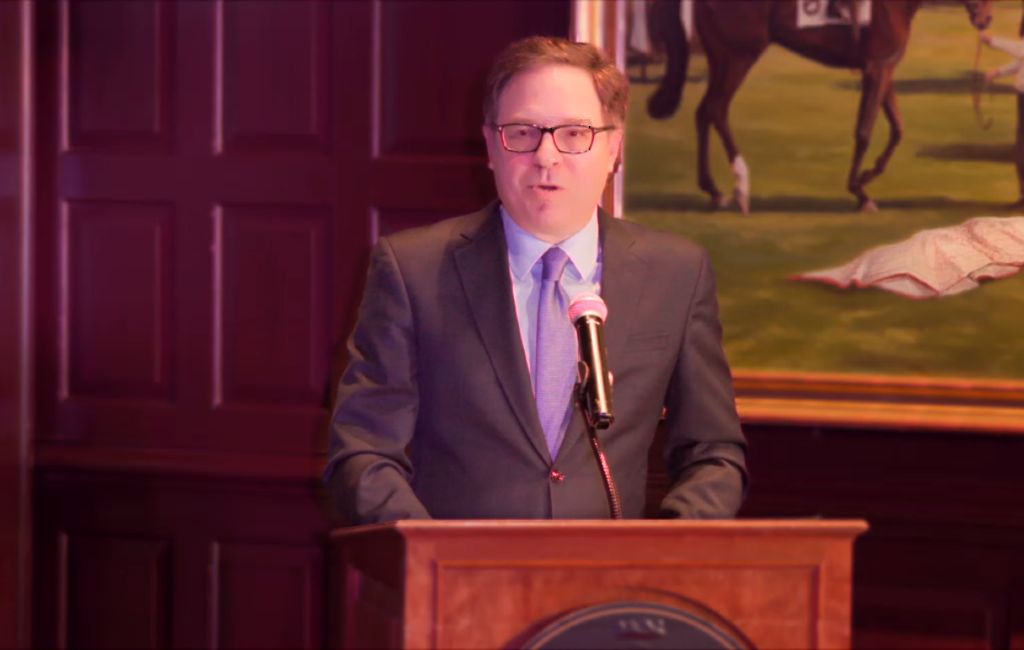
Can't see the video? Join the Breakfast Club to watch
Panel 1
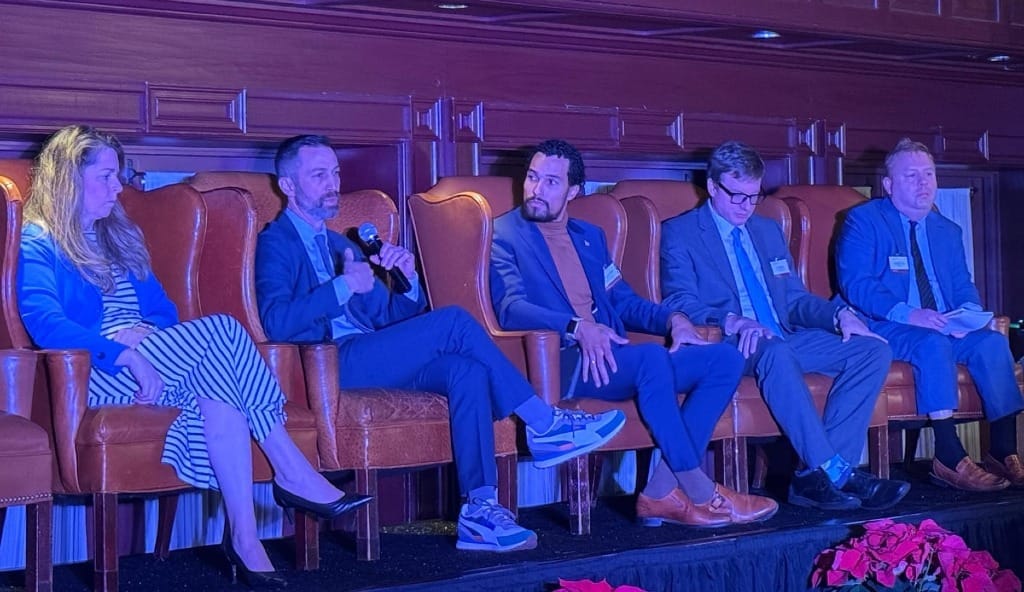
FREE signup in the Broadband Community to watch this keynote
Executive Conversation with NextNav's CEO Mariam Sorond
The lack of a backup to GPS is a national security concern. Officials across the government and industry are sounding the alarm as GPS vulnerabilities like spoofing and jamming become more widespread. China and Russia are already ahead of the US and are building backup systems. What role could a terrestrial PNT (Positioning Navigation and Timing) network play in strengthening national security in the incoming Trump Administration?
- Mariam Sorond, Board Chair and CEO, NextNav
- Drew Clark, CEO and Publisher, Broadband Breakfast
Remarks by Rep. Bob Latta of Ohio
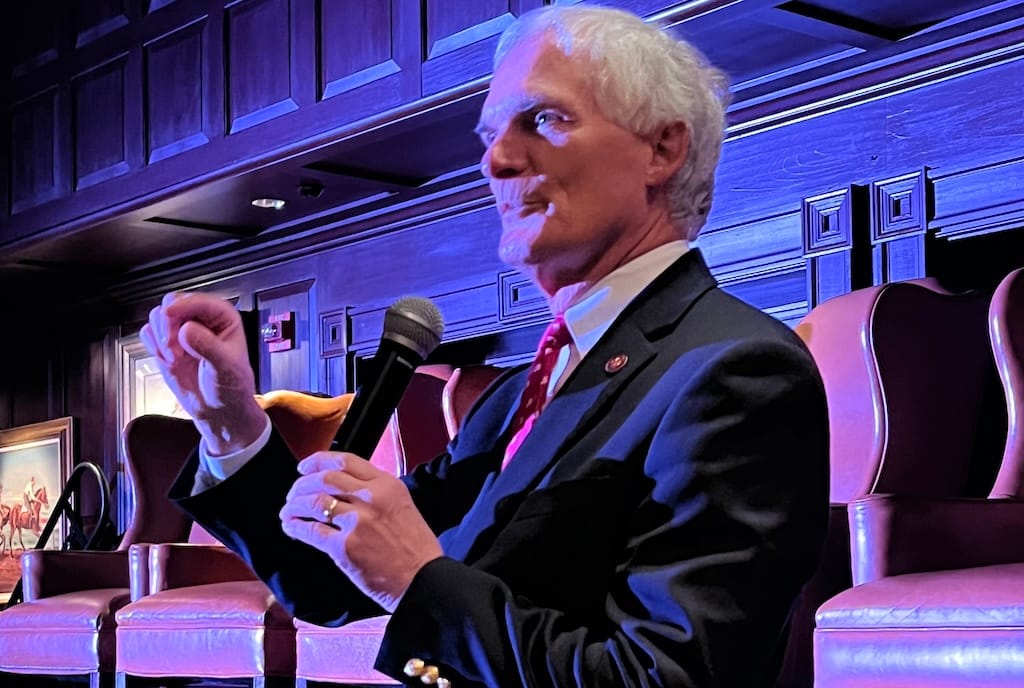
FREE signup in the Broadband Community to watch this keynote
Panel 2
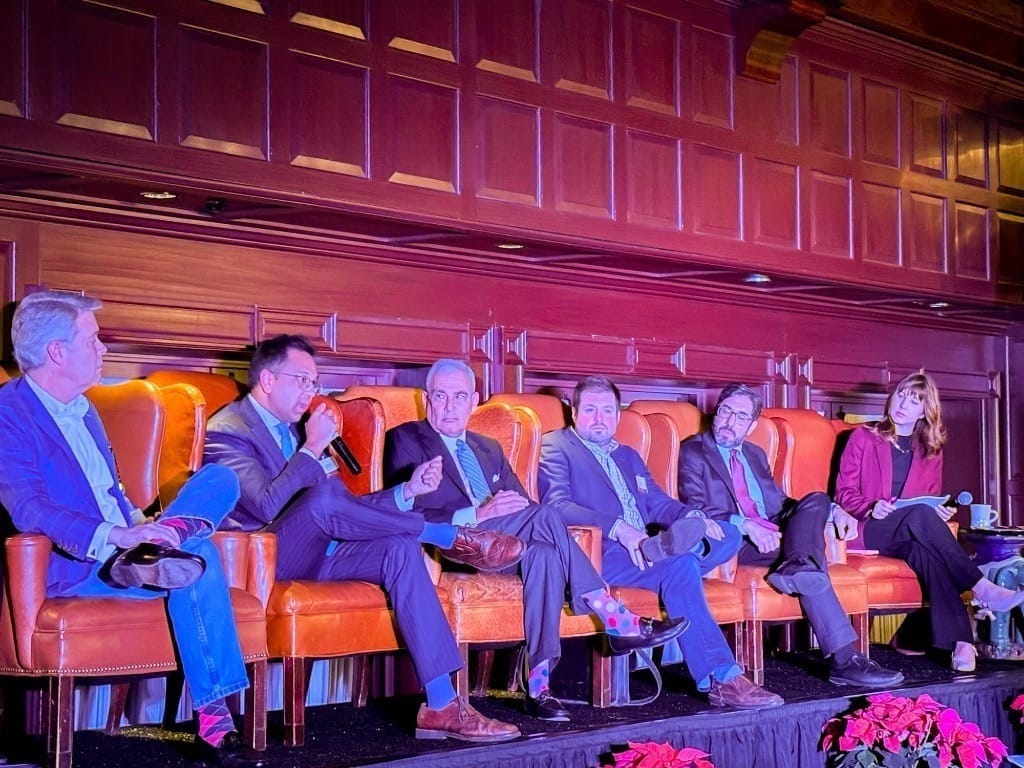
Can't see the video? Join the Breakfast Club to watch
Fireside Chat with Hilda Legg
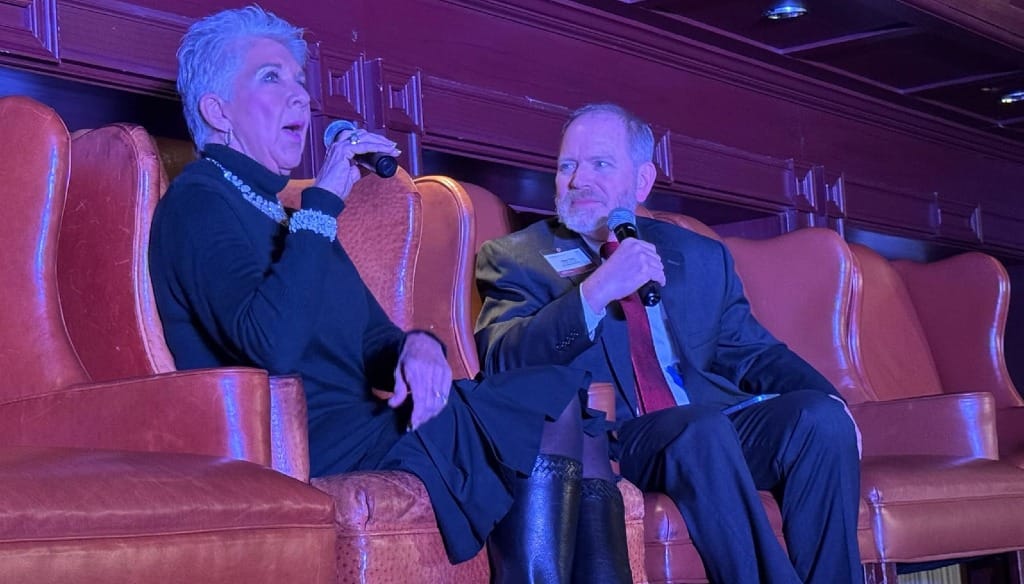
Can't see the video? Join the Breakfast Club to watch
Panel 3
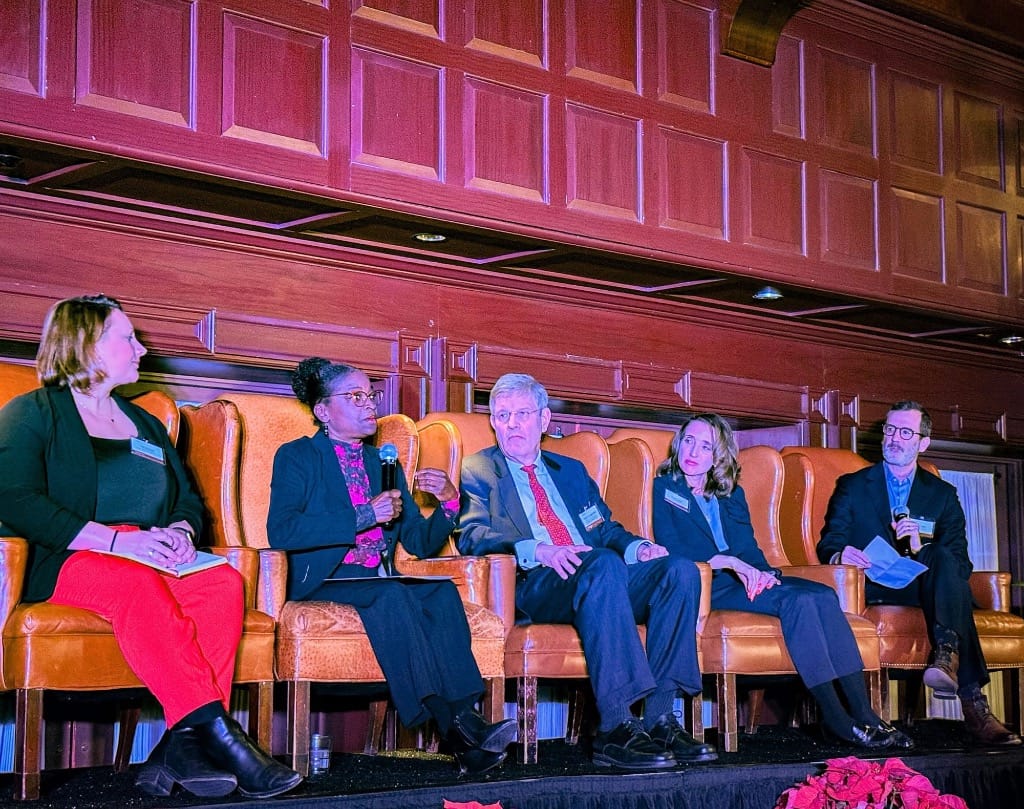
Can't see the video? Join the Breakfast Club to watch
Panel 4
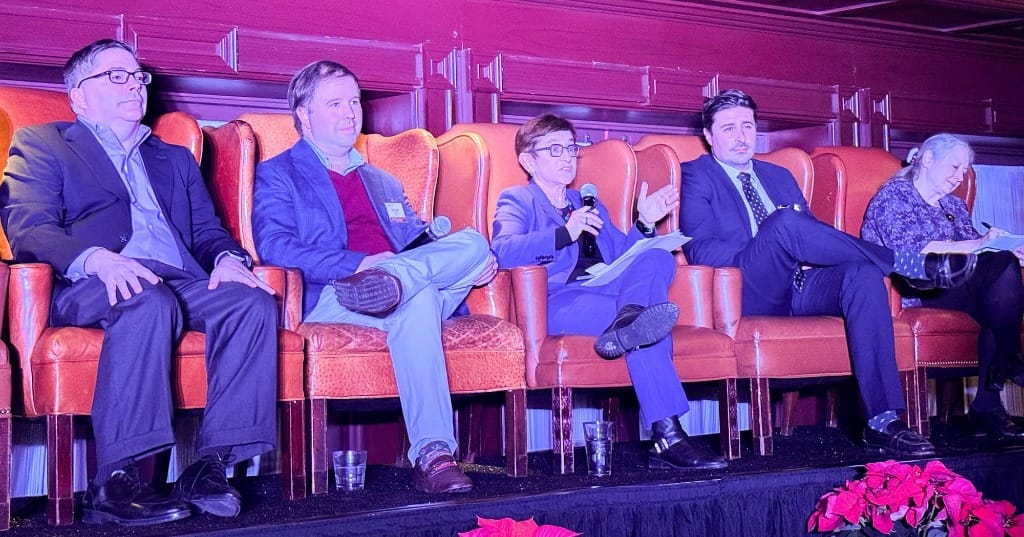
Can't see the video? Join the Breakfast Club to watch
Welcome Remarks: Drew Clark, CEO of Broadband Breakfast
Want to see other Broadband Breakfast events?

















